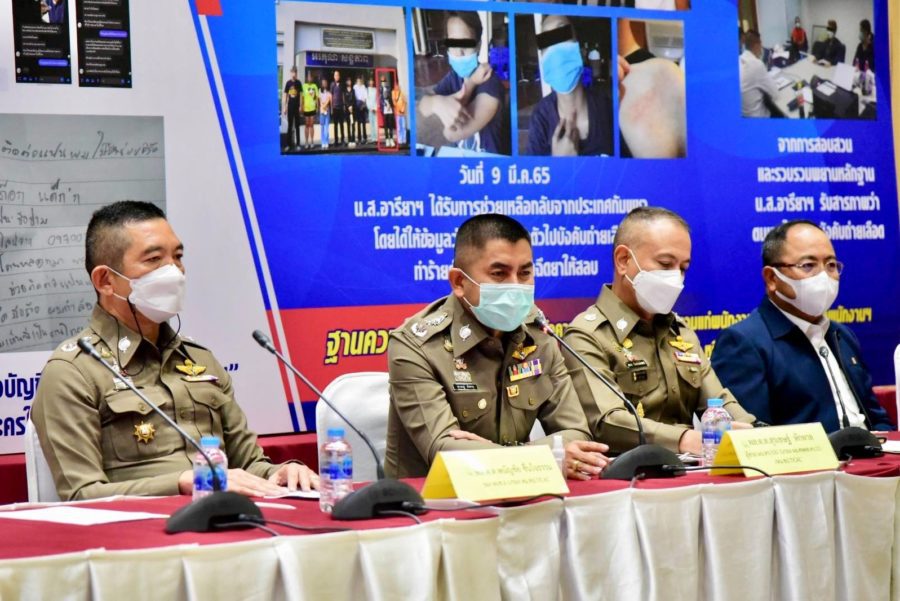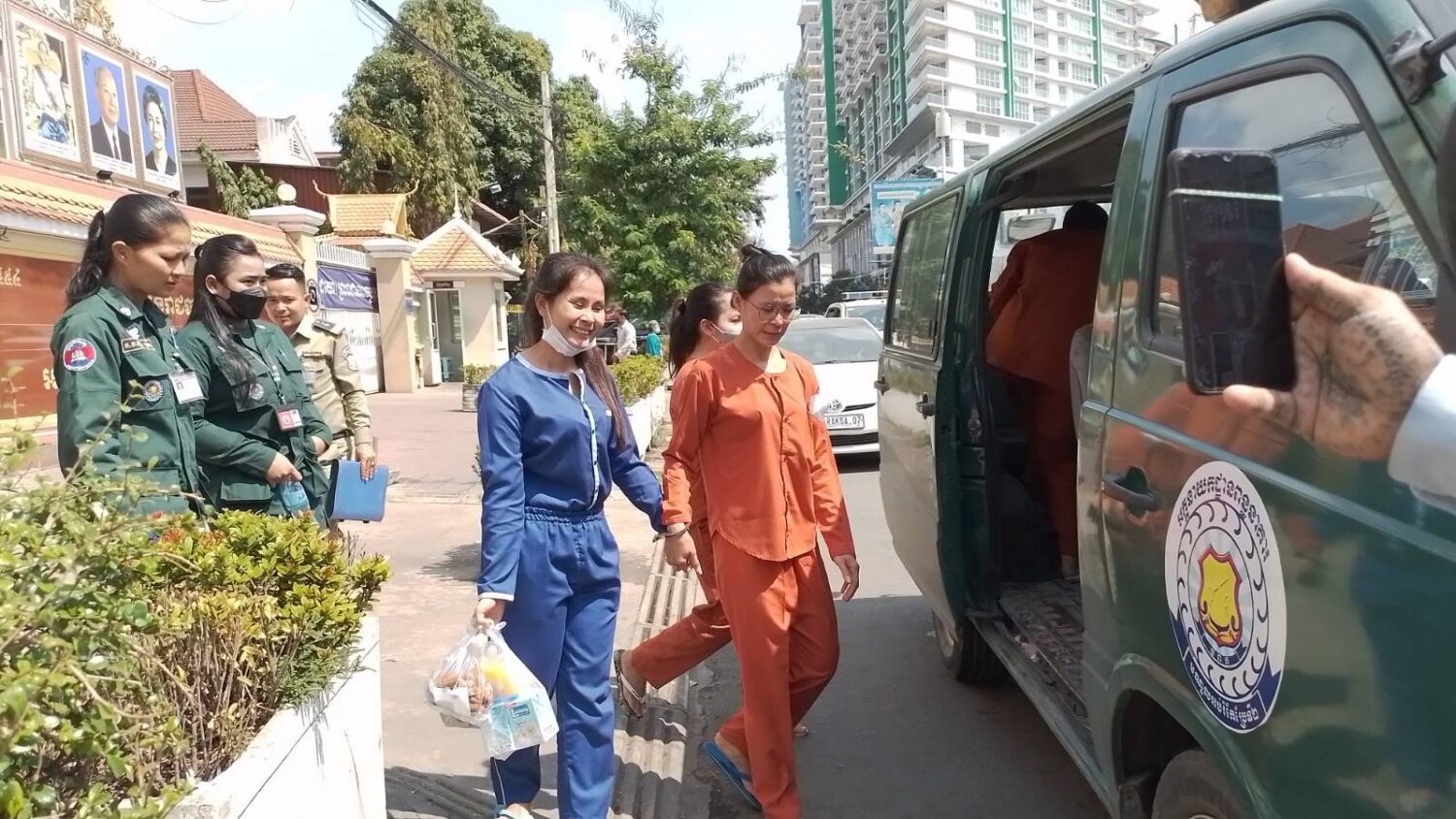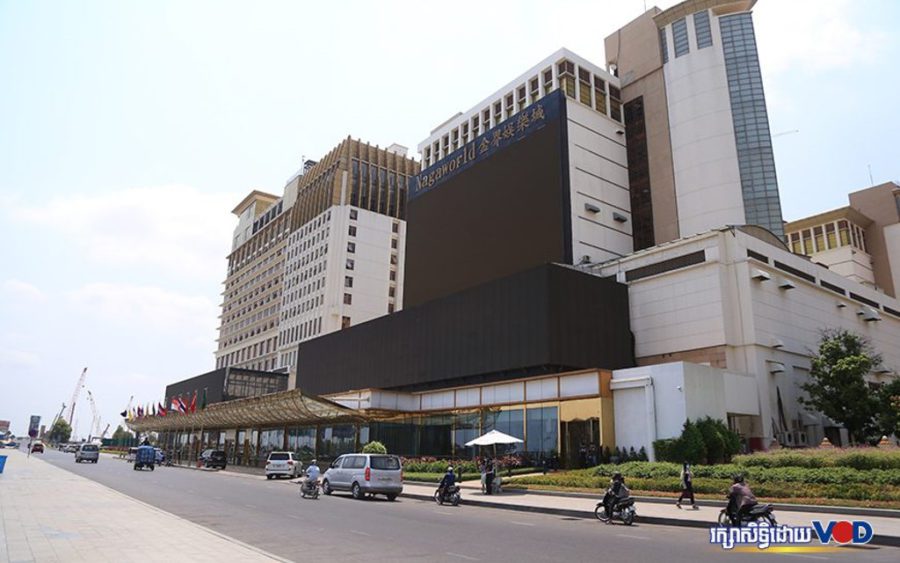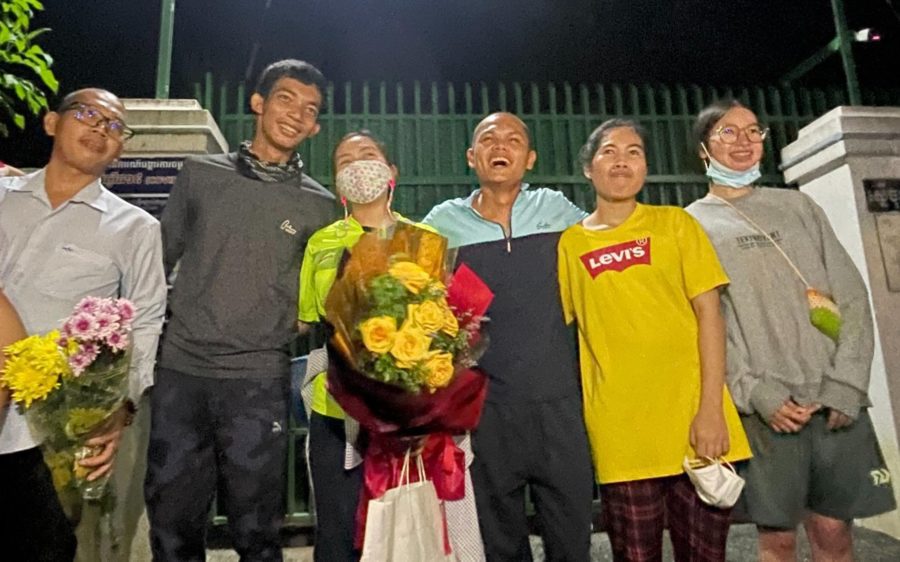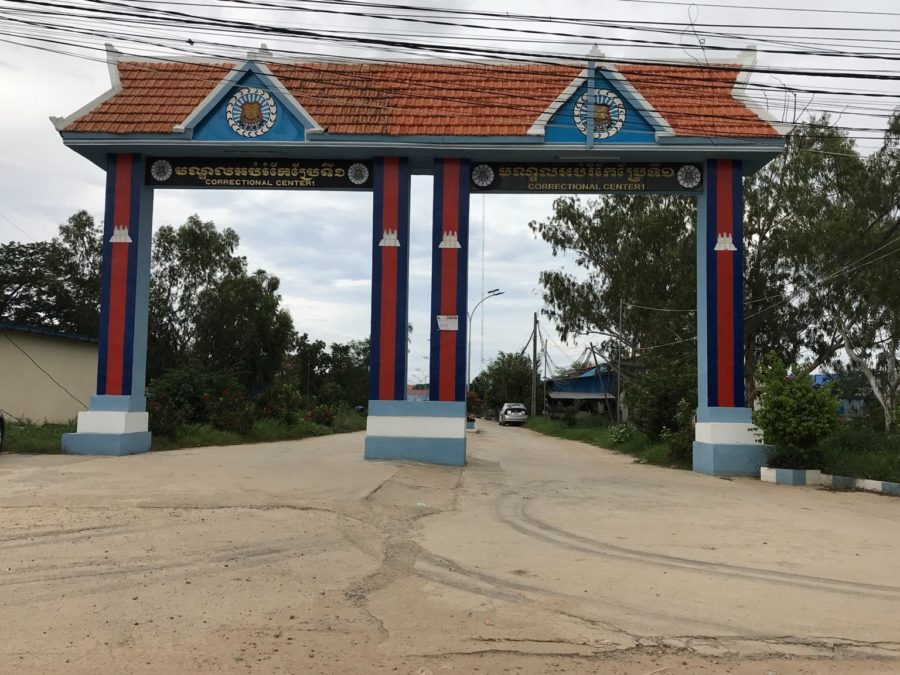A Cambodian police official on Tuesday said he would potentially welcome — but disclosed little about — Thai authorities’ reported plan to send officers and a navy ship to Cambodia to remove some 3,000 Thai nationals from online scam operations.
Thailand’s assistant national police chief Surachate Hakparn said on Sunday that authorities will be traveling to Cambodia on April 2 to release between 2,800 and 3,000 Thai nationals from illegal scam compounds in Cambodia, according to the Bangkok Post.
According to the newspaper, Surachate would lead a team of senior police to Phnom Penh and other cities, and the Royal Thai Navy would arrange a ship to bring people back to Thailand. The assistant chief added that Thai nationals would be released from compounds in an operation unfolding over several days, and they would later be screened in Thailand before deciding whether to take any legal action.
Cambodian National Police spokesperson Chhay Kim Khoeun told VOD on Tuesday that he had not received any formal letter from Thai counterparts, but Cambodian authorities would work with them if they reached out.
He said if Thai authorities did come to Cambodia, their visit would help solve issues related to human rights and labor rights.
“We need to cooperate because we are neighboring countries and also members of the same Asean police,” he said. “Second, this crime is a crime within areas that need cooperation, like human trafficking, human confinement and illegal border crossings. These are sectors that require cooperation.”
Foreign nationals from China, Thailand, Indonesia and other countries have said they have been detained, extorted and sometimes kidnapped and tortured in Cambodia to work for online operations, many of them perpetuating online scams in other countries.
Asked if he knew how many Thai nationals were working in the online scam industry, Kim Khoeun said he couldn’t give any exact answer, saying Thai authorities would know more because they received the reports from their citizens.
Based on the previous rescue operations, Kim Khoeun said most Thais in these scam operations crossed the border illegally, so Cambodian authorities could not control or monitor them.
Kim Khoeun said the rescued Thai nationals would be evaluated based on the way they crossed into the country, adding that those who crossed into Cambodia illegally could be expelled from Cambodia.
He added there was a need to study and find out which foreigners had committed crimes, but he claimed the media had exaggerated accounts of detention and extortion in Cambodia.
“So we have to look at who are victims” as opposed to perpetrators, he said.
Preah Sihanouk provincial governor Kuoch Chamroeun referred questions to provincial spokesperson Kheang Phearum, who referred questions to National Police.
Citing an unnamed source in Thailand’s Immigration Bureau, The Bangkok Post reported that Thai nationals were sometimes working for Chinese bosses, some of whom were believed to be connected to high-ranking Cambodian officials.
VOD has interviewed multiple people rescued from scam operations in compounds tied to powerful businessmen and political figures — including CPP Senator Kok An, Pi Pay founder and football club owner Rithy Samnang, and U.S.-blacklisted tycoon Try Pheap.


